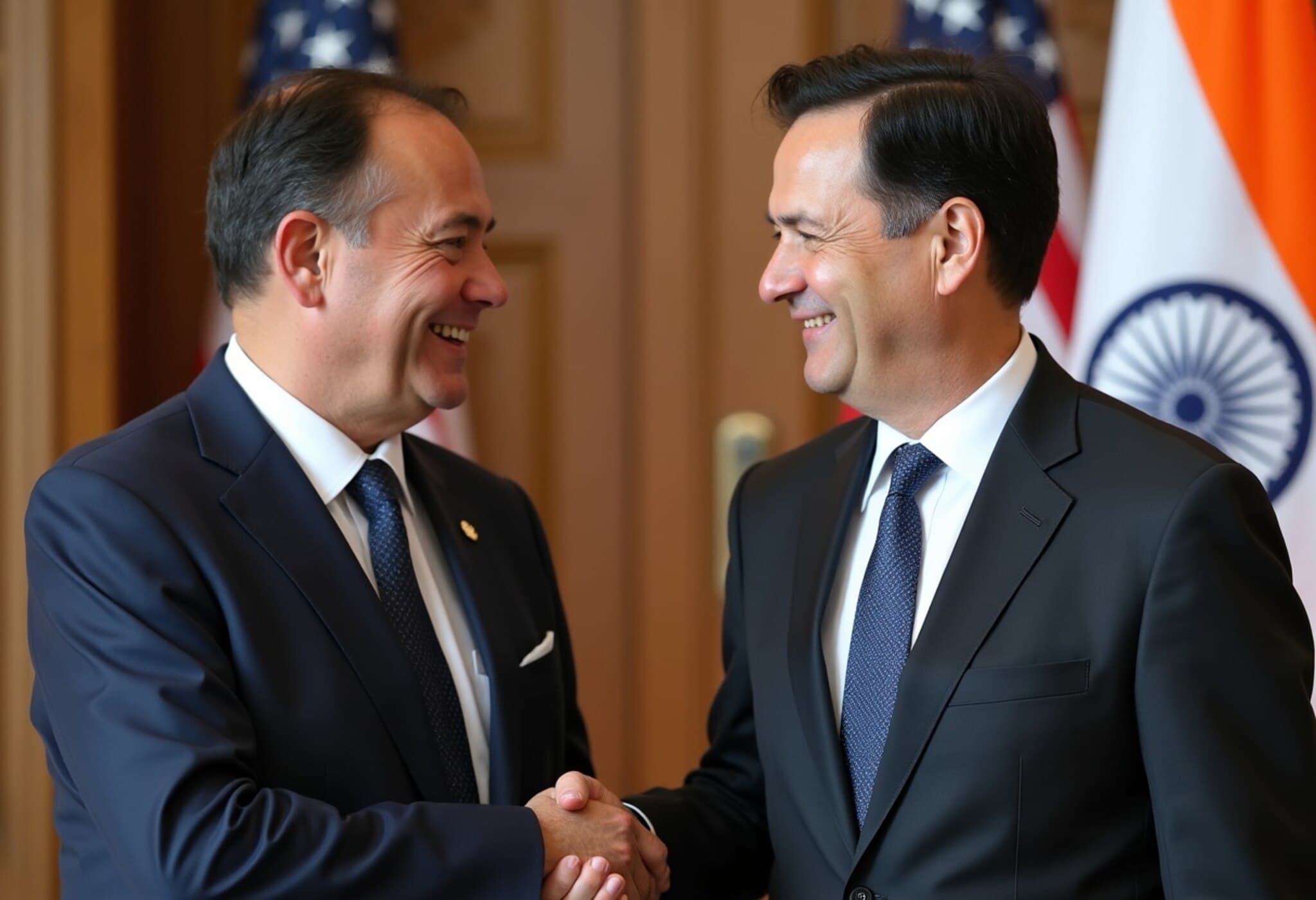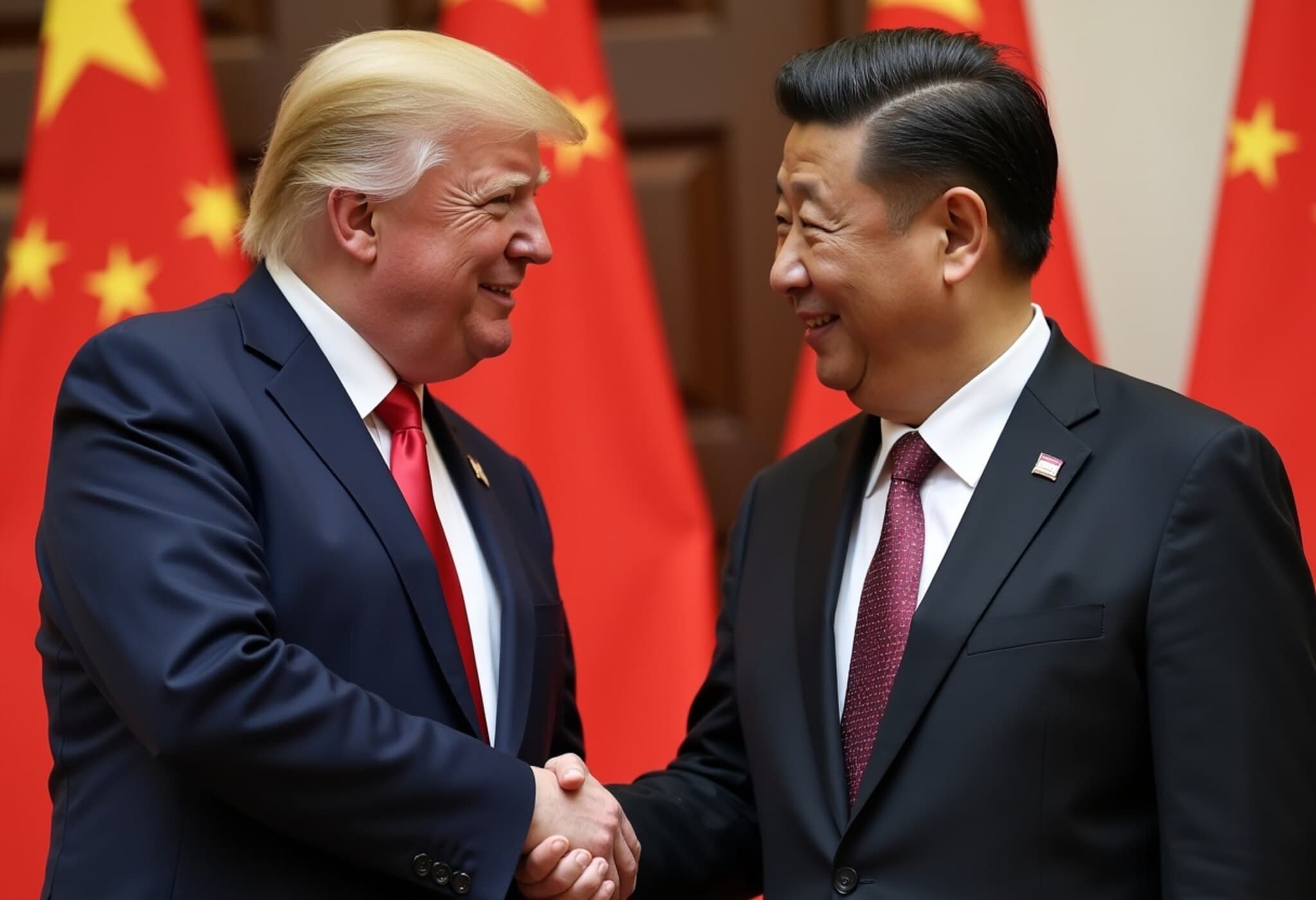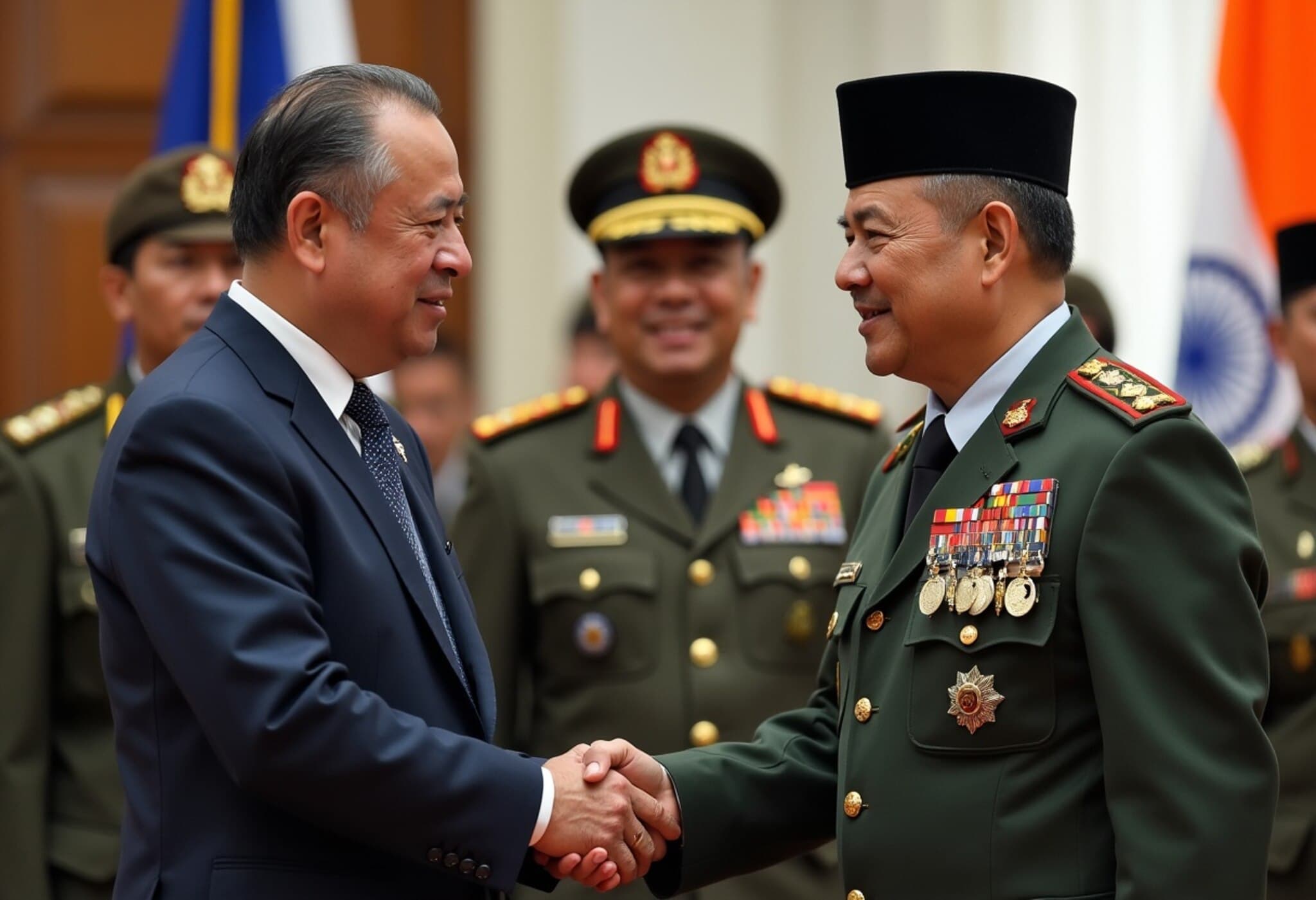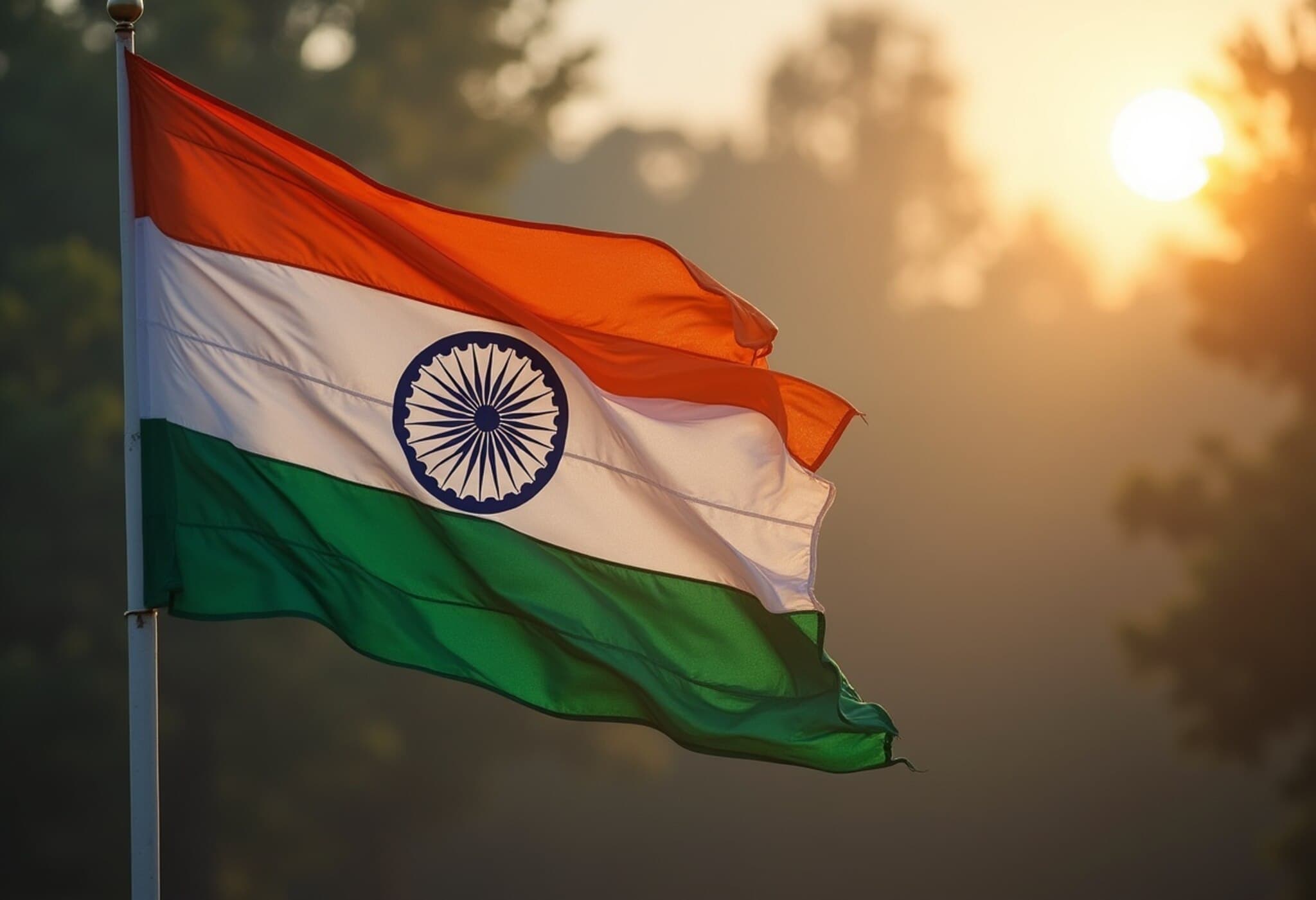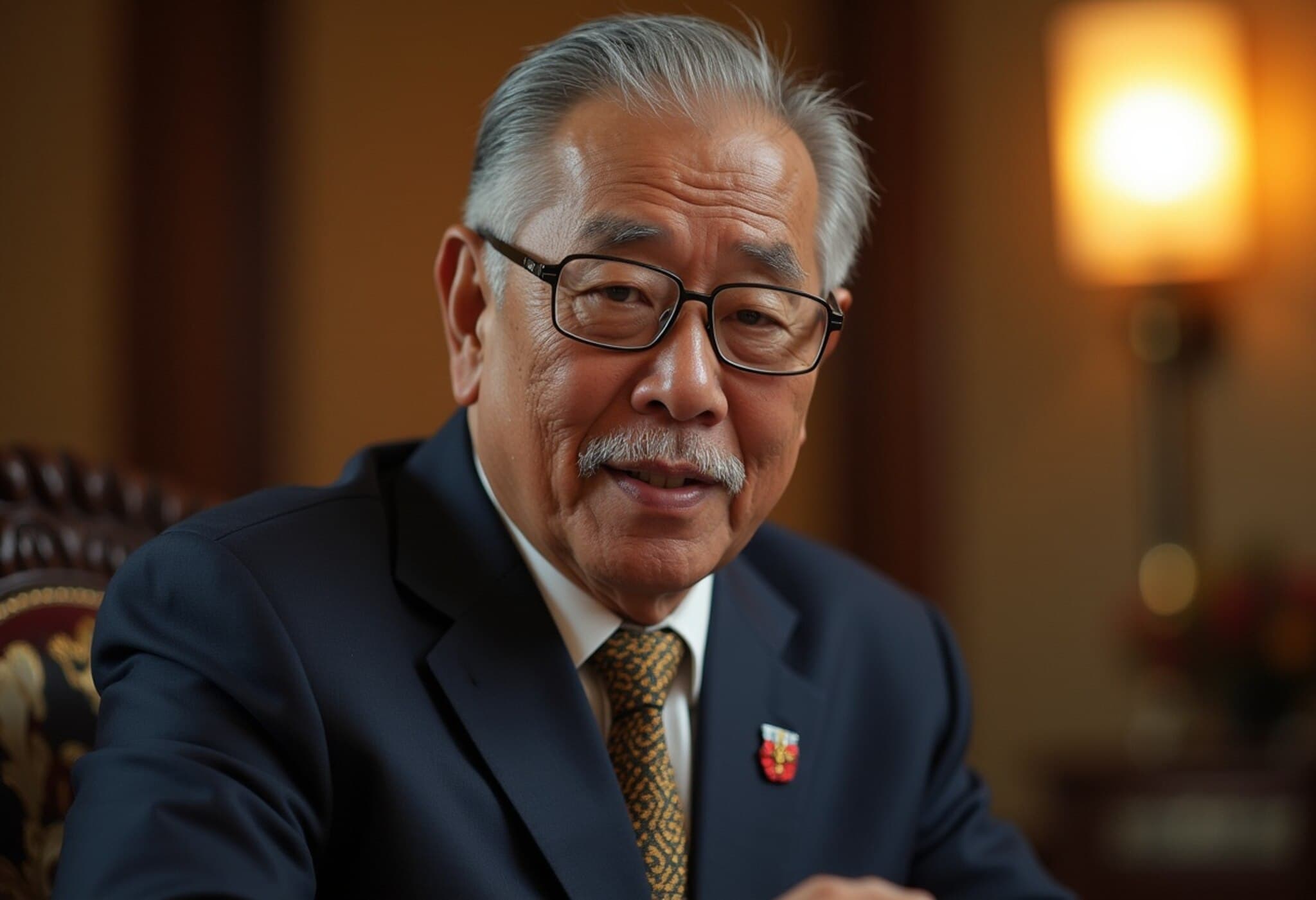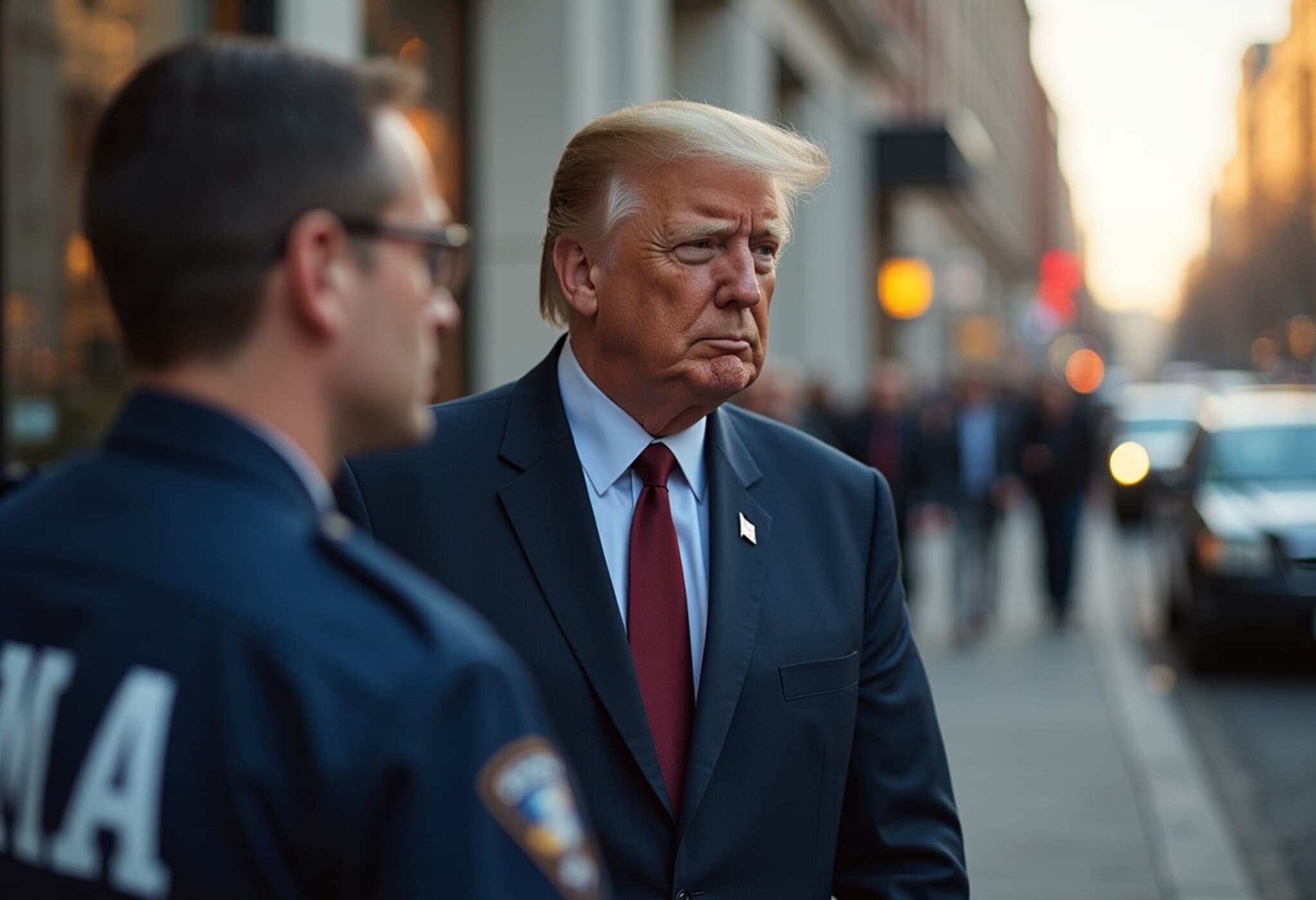Fiji's Prime Minister Voices Support for Modi Amid New U.S. Tariff Challenges
During a pivotal visit to New Delhi, Fijian Prime Minister Sitiveni Ligamamada Rabuka offered both candid insight and steadfast encouragement to Indian Prime Minister Narendra Modi, addressing the recent imposition of U.S. tariffs that have rattled India's export market.
An Open Acknowledgment of Economic Strain
In a public lecture titled ‘Ocean of Peace’ at Sapru House, Rabuka remarked with notable frankness, "Someone isn't very happy with you, but you are big enough to weather those discomforts." This pointed reference underscored the tangible impact of American tariffs implemented under former President Donald Trump's administration, particularly those targeting Indian imports including Russian oil, which saw a dramatic increase to 50% tariff rates.
Context: The U.S. Tariff Burden on India
This renewed tariff regime threatens to erode India's economic competitiveness significantly. Approximately 55% of India's exports to the U.S., valued near USD 47 to 48 billion, are now disadvantaged by a price hike of 30–35%, making Indian goods less attractive than those from competitors like China, Vietnam, Cambodia, and the Philippines.
Fiji-India Relations: Beyond Tariffs
Prime Minister Rabuka’s three-day visit, starting Sunday, aims to deepen cooperation in critical sectors such as maritime security, health, digital technology, and capacity building — areas pivotal to both nations’ growth and stability in an increasingly interconnected Indo-Pacific region.
The Vision of an ‘Ocean of Peace’
Rabuka invited regional and global stakeholders to embrace the concept of an “Ocean of Peace” for the Pacific—a framework promoting harmony and diplomatic collaboration. He urged:
- United Nations support to champion this peaceful initiative
- Engagement from regional leaders to incorporate this vision in their strategic platforms
- Broader propagation of peace-centric regional cooperation models
Expert Insight: Strategic Ramifications and Regional Impact
From a U.S. policy perspective, these tariffs are part of a broader strategic recalibration, balancing geopolitical interests in Asia-Pacific against economic ties. For India, this poses a complex challenge: to navigate economic hardships without undermining critical diplomatic relations.
Meanwhile, Fiji’s stance signals an affirmation of India’s growing influence in the Pacific and a call for more robust South-South cooperation—a potential counterbalance to increasing great-power competition in the region.
Questions for Policymakers
- How will India recalibrate its export strategies to mitigate tariff-induced losses?
- Can the ‘Ocean of Peace’ framework become a viable counter-narrative to militarization in the Pacific?
- What role will regional organizations play in diffusing economic tensions and fostering diplomatic harmony?
Looking Ahead
While economic discomforts caused by tariffs present immediate challenges, the deepening partnership with Fiji hints at a strategic diversification of alliances and economic interests. It also reflects India’s broader aspirations to assert its role as a stable, peaceful influence in the Indo-Pacific.










